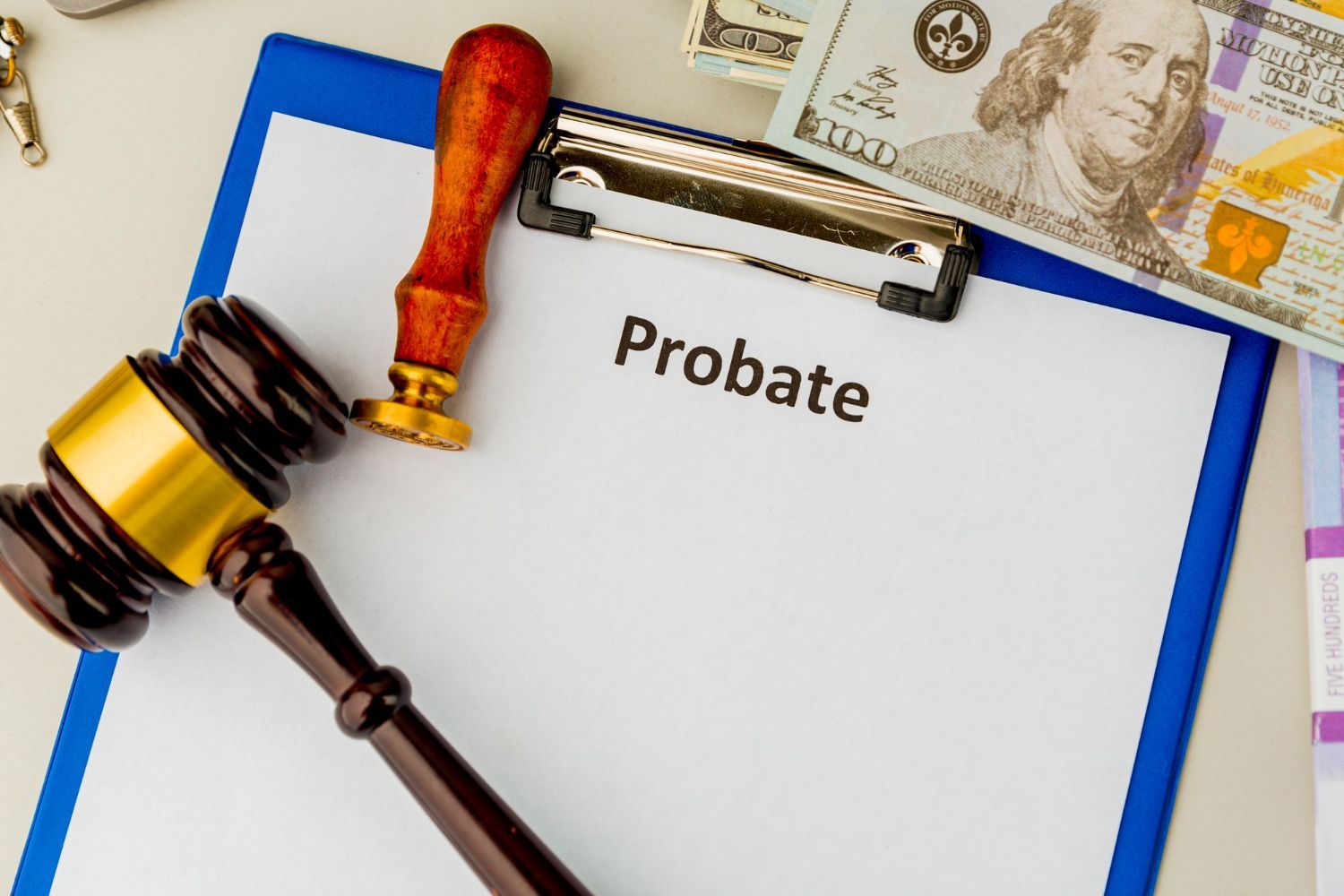Voiding Probate with Georgia’s New Transfer on Death Deed—But Do You Still Need a Trust?
If you've ever dealt with the probate process, you know how time-consuming and costly it can become. In Georgia, a newer option known as the Transfer on Death Deed brings an alternative to the table, helping avoid the hurdles of probate. Implemented in 2024, this statute offers homeowners a more direct way to pass property on to their beneficiaries, potentially simplifying estate management for families during difficult times.
This deed allows homeowners to designate beneficiaries directly on the property deed. Upon the owner's death, the property automatically transfers to those named, bypassing probate entirely. As part of this change, understanding how the Transfer on Death Deed compares to conventional probate processes becomes important for anyone managing or planning an estate in Georgia.
Understanding Georgia's Transfer on Death Deed
The Transfer on Death Deed is a new legal tool in Georgia that simplifies how property is passed down. It came into effect in 2024 and allows property owners to name one or more beneficiaries on the actual deed to their real estate. When the property owner dies, the named person or people receive ownership of the property automatically, without the need for probate court.
There are a few reasons this new deed has become a popular choice:
1. Simplicity: People can name or change beneficiaries without dealing with complex legal steps.
2. Avoiding Probate: It keeps families out of court and saves time and expenses after a loved one passes away.
3. Control: Property owners continue to own and manage their property while alive.
By contrast, the typical probate process requires going through court. Property distribution can take months, and there may be fees and delays. The court process requires legal filings and the possible involvement of third parties. The Transfer on Death Deed removes much of this burden by allowing a clear transfer right on the deed.
It works much like naming a beneficiary on a bank account. The concept is simple and can bring clarity to a family during difficult times. Still, it is only one tool available for estate planning and may not solve every situation. There are many cases where traditional estate planning, including the use of a trust, might be a better fit.
When You Might Still Need a Trust
A Transfer on Death Deed is a helpful option, but it’s not always the perfect solution for every homeowner. In many cases, setting up a trust still offers benefits that this deed doesn’t cover.
One of the main reasons people use a trust is creditor protection. When a home is placed in a trust, it no longer legally belongs to the individual. That means if someone files a lawsuit or files a claim against the estate, the home is harder to reach. For example, imagine someone dies with a high balance on credit cards. If the property was transferred only using a deed, it might be subject to a lien from those creditors. If the property is held in a trust, the chances of that happening are significantly lower.
Similar concerns apply to lawsuits. Maybe someone is injured on the property and files a large claim beyond the insurance limits. If the property is still in the person’s name or only passed using a deed, it could be open to claims. A trust adds a legal barrier that might help keep that property safe in situations like that.
There’s also a risk when there’s an active mortgage. Some loan agreements have what's called an acceleration clause. This can come into play when ownership of a property changes. If you move your property into a trust, your lender might consider that a sale or unauthorized transfer and ask for the full loan balance immediately. While not always enforced, this clause can present problems if not addressed correctly.
Trusts do more than just transfer property. They can hold detailed directions, cover complex family matters, and offer protection for minor children or vulnerable adults. For these reasons, many people still choose to add a trust, even if they also use a Transfer on Death Deed along the way.
Legal Considerations and Potential Pitfalls
While the Transfer on Death Deed makes ownership transfer smoother, some legal details need careful attention. The deed must be completed and filed properly to be valid. Mistakes in the wording, missing signatures, or filing in the wrong office can all result in the deed not working as expected after someone passes away.
Before relying on this method, it’s important to match the deed with Georgia laws and ensure everything is up to date. Changes in property ownership, marriage, divorce, or other big life events may require updates to the deed. If a property gets refinanced or sold, the deed may need to be redone completely.
And in some cases, using both a trust and a Transfer on Death Deed makes the most sense. For example, if the goal is to outline specific conditions for heirs, manage minor children’s inheritance, or handle rental properties, a trust can provide the structure. If the goal is simply to make sure a home avoids probate, the deed can do the job well. In dual situations, families benefit from the strengths of each tool and avoid relying completely on one method.
Also, keep in mind that every person's estate and set of goals is different. That means legal advice is not just helpful, but often necessary to craft a complete plan.
Examples of Practical Applications
Real situations show how these tools are working. At McGinn Law, several homeowners have already used the Transfer on Death Deed to their benefit since the law passed. One couple put their family home under the new deed, naming their two sons. After the death of one parent, the transition of the deed went smoothly, and the surviving spouse kept full ownership. After the second parent’s passing, the property passed right to the children, saving them the stress of probate.
Another client had credit concerns and large outstanding medical bills. In that case, McGinn Law recommended using a trust to shield the home, along with naming beneficiaries for other assets. That mixture kept the property protected and still allowed flexibility for the client.
In other cases, families with multiple heirs or family-owned properties benefit from customized plans. Trusts give them a way to document instructions or divide property over time. Meanwhile, the new deed brings speed when the situation is simple. Our ongoing legal conversations include reviewing the risks and addressing every concern before paperwork is signed and filed.
While no single tool fits every goal, choosing wisely and understanding the outcomes can give people control, predictability, and peace of mind.
Building a Solid Plan for Your Family's Future
Preparing for the future can make all the difference for your loved ones. Whether through a trust, the new Transfer on Death Deed, or both, estate planning helps prevent stress, legal fights, and unexpected delays after a loss.
The Transfer on Death Deed offers a faster, simpler way to make sure your home passes directly to the people you choose. Trusts add structure and needed protection when more details or security are involved. In some cases, your plan might involve both to meet every need.
With the right legal guidance, you can create a plan that reflects your goals and protects your assets. Whether you’re managing one home or multiple properties, clear legal direction helps move forward with confidence. McGinn Law is here to support you every step of the way.
Making plans for the future can feel like a lot to figure out, but you don’t have to do it alone. At McGinn Law, we’re here to help you protect what matters. If you're thinking about how to pass your property on or wondering what legal tools are best for your situation, we can walk you through tailored options in estate planning that fit your goals. Let’s create a plan that brings peace of mind to you and your family.





